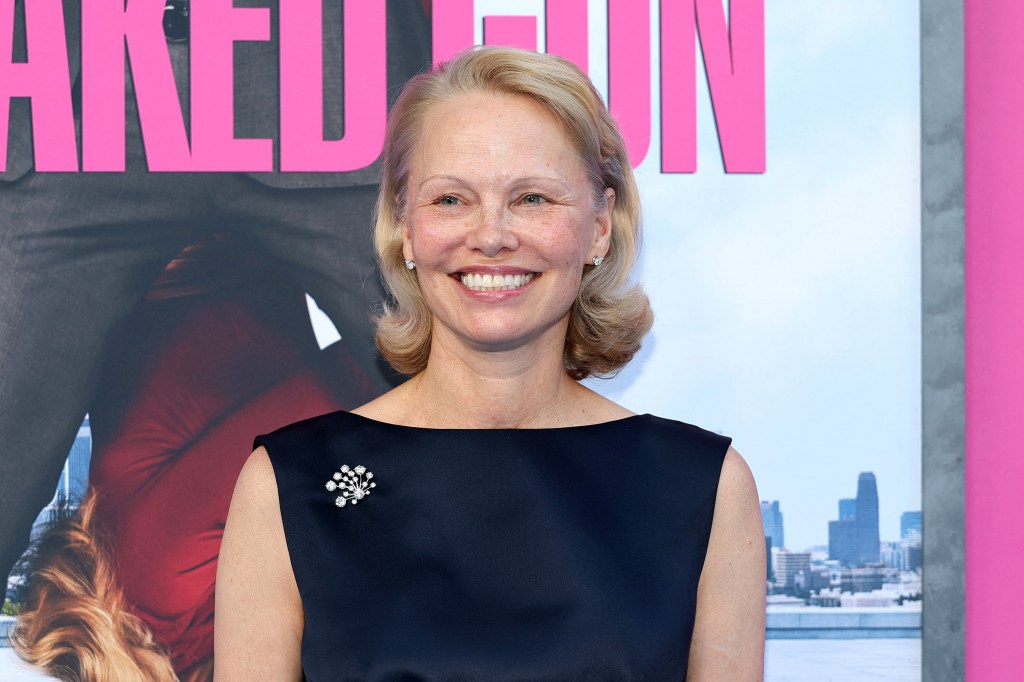
In August 2010, the Giving Pledge was born when a few dozen billionaires committed to giving away at least half of their wealth during their lifetimes or upon their deaths. Fifteen years later, most of those who signed have fallen short of that goal and have seen their fortunes grow significantly in the meantime, according to a new report from the Institute for Policy Studies published today (July 30).
In many cases, the net worth of pledge signees is growing far faster than they are able to give it away, the progressive think tank found after analyzing tax filings, public announcements and media reports. “Signatories cannot stop getting wealthier, no matter how much they’re attempting to give their money away,” Bella DeVaad, one of the report’s co-authors, told Observer.
Among the 32 original U.S. signees who are still billionaires, combined wealth has ballooned by 283 percent in the past 15 years, reaching a collective net worth of $908 billion. Some members have seen their fortunes grow more than fivefold. One couple in particular—Meta CEO Mark Zuckerberg and his wife Priscilla Chan—have seen their wealth increase more than 40 times since 2010.
The Giving Pledge made waves in philanthropy when it was established by Warren Buffett, Bill Gates and his then-wife, Melinda French Gates, aiming to spark a wave of giving among the ultra-wealthy. It initially launched with 40 signatories and has since expanded to 256 individuals, couples and families, 194 of which are based in the U.S.
The share of billionaires drawn to the pledge has remained relatively steady over the years. In 2010, U.S. signees represented 14 percent of the nation’s billionaire population, according to the report. Today, they make up about 13 percent.
Billionaires who have fulfilled their pledge
Among all living U.S. signatories, only one couple—John and Laura Arnold—have fulfilled the pledge to give away half their wealth. According to the report, they have donated an estimated $4.76 billion to charity and have $2.92 billion remaining. Of the 22 signees who have passed away, eight managed to donate half or more of their wealth. Notably, the late philanthropist Chuck Feeney gave away his entire $8 billion fortune during his lifetime.
However, most donations have not gone directly to charitable services. Instead, the bulk has been given to private foundations, according to the report. Of the $206 billion given so far by the original 2010 pledge signers, nearly 80 percent has been funneled to private foundations, and an estimated $5 billion has gone to donor-advised funds. “There’s a demonstrable time lag in how the money donated then reaches working charities and causes on the ground,” said DeVaan.
That said, the Giving Pledge has had a meaningful impact, channeling significant resources into public health, education and direct service efforts. “It encouraged wealthy people to think of themselves in community with each other and learn from each other to share their philosophies of giving, give more publicly, and create more opportunities to collaborate,” said DeVaan. “We just think that, based on this body of proof of 15 years, that sort of information sharing and philosophy sharing should involve a more urgent and more duty-bound mandate.”
<




